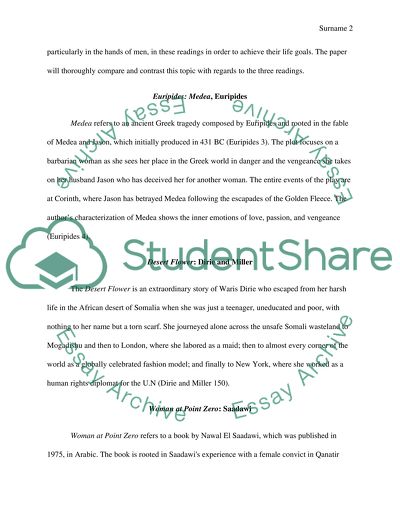Cite this document
(“Euripedes, Medea- Desert Flower- Woman At point Zero Essay”, n.d.)
Retrieved from https://studentshare.org/literature/1498460-euripedes-medea-desert-flower-woman-at-point-zero
Retrieved from https://studentshare.org/literature/1498460-euripedes-medea-desert-flower-woman-at-point-zero
(Euripedes, Medea- Desert Flower- Woman At Point Zero Essay)
https://studentshare.org/literature/1498460-euripedes-medea-desert-flower-woman-at-point-zero.
https://studentshare.org/literature/1498460-euripedes-medea-desert-flower-woman-at-point-zero.
“Euripedes, Medea- Desert Flower- Woman At Point Zero Essay”, n.d. https://studentshare.org/literature/1498460-euripedes-medea-desert-flower-woman-at-point-zero.


